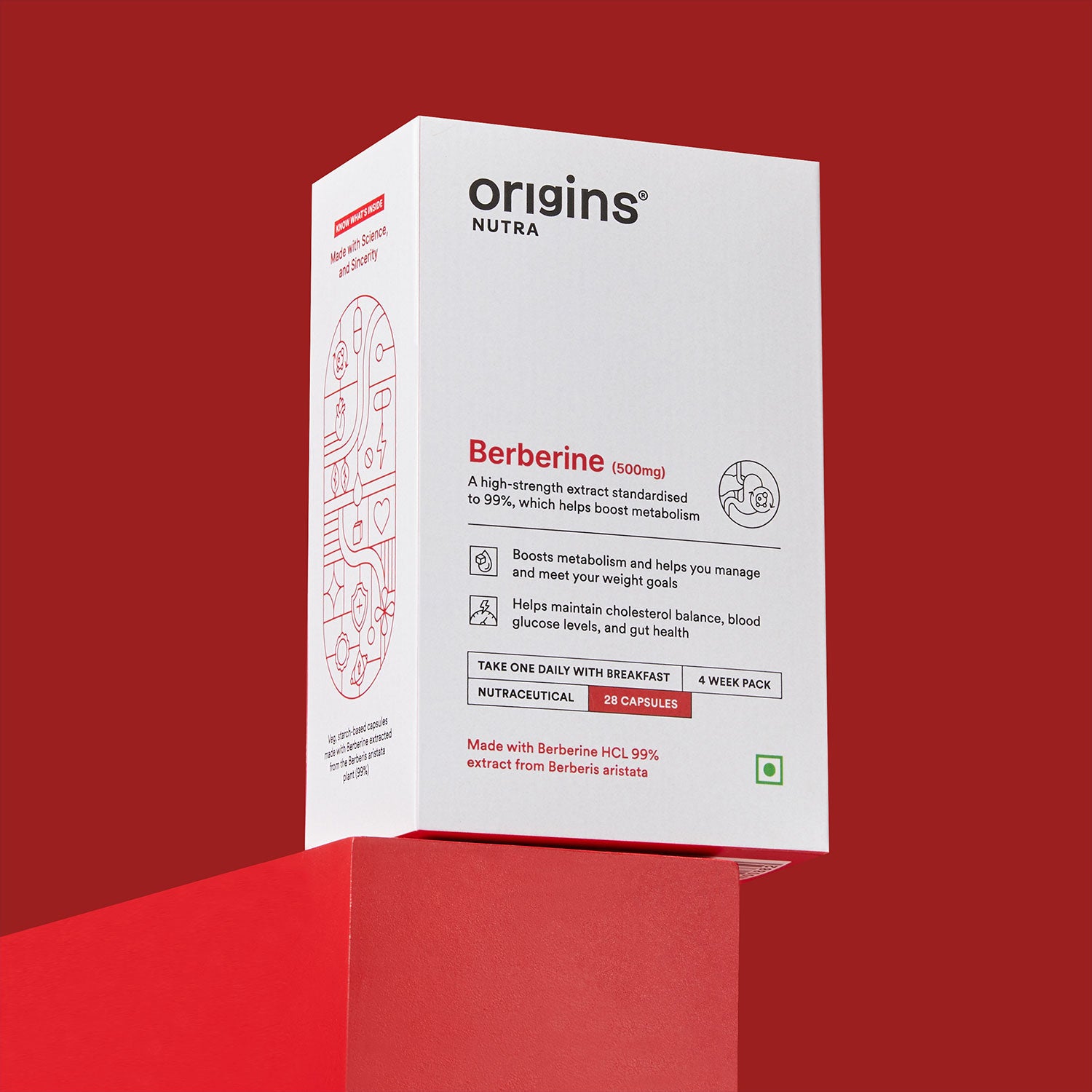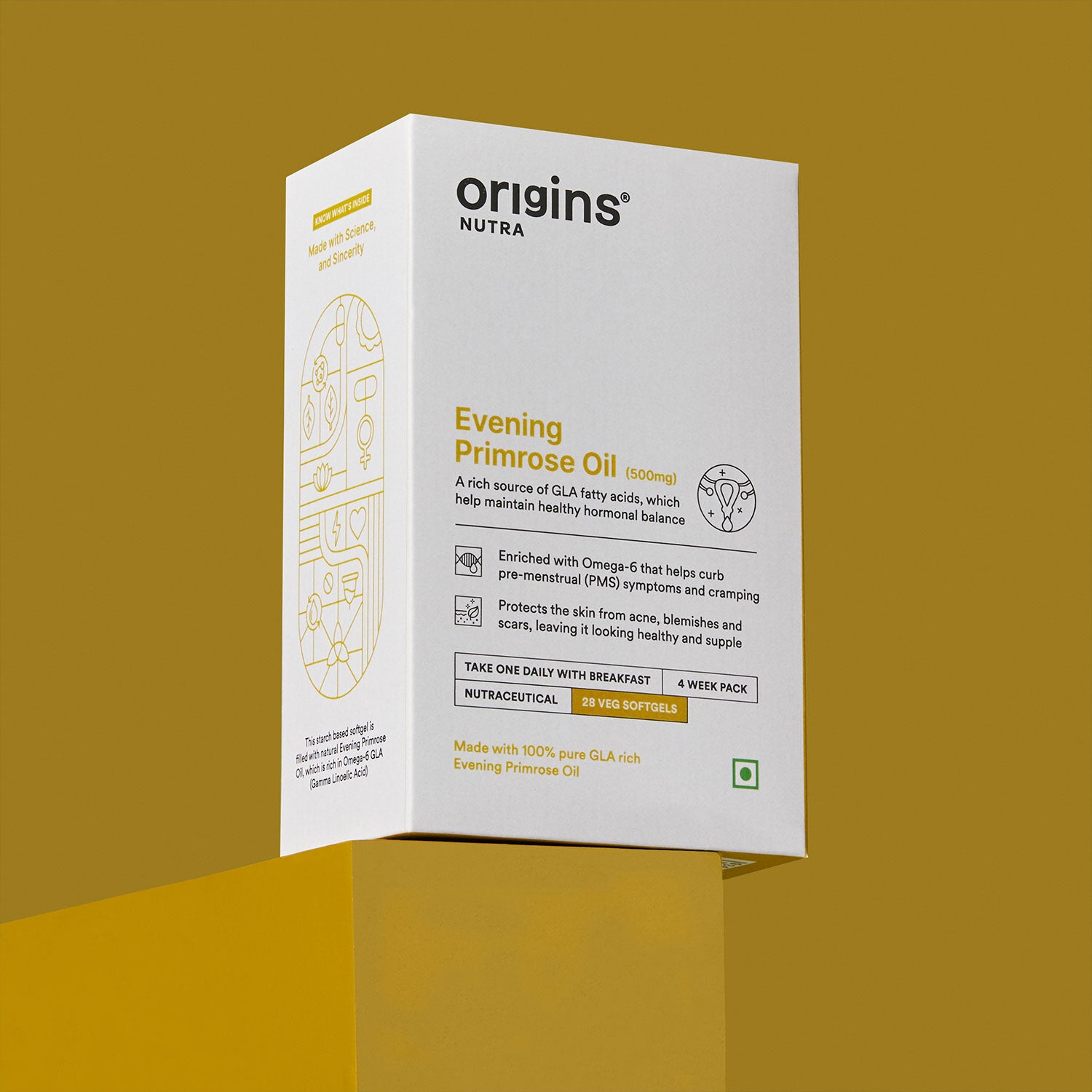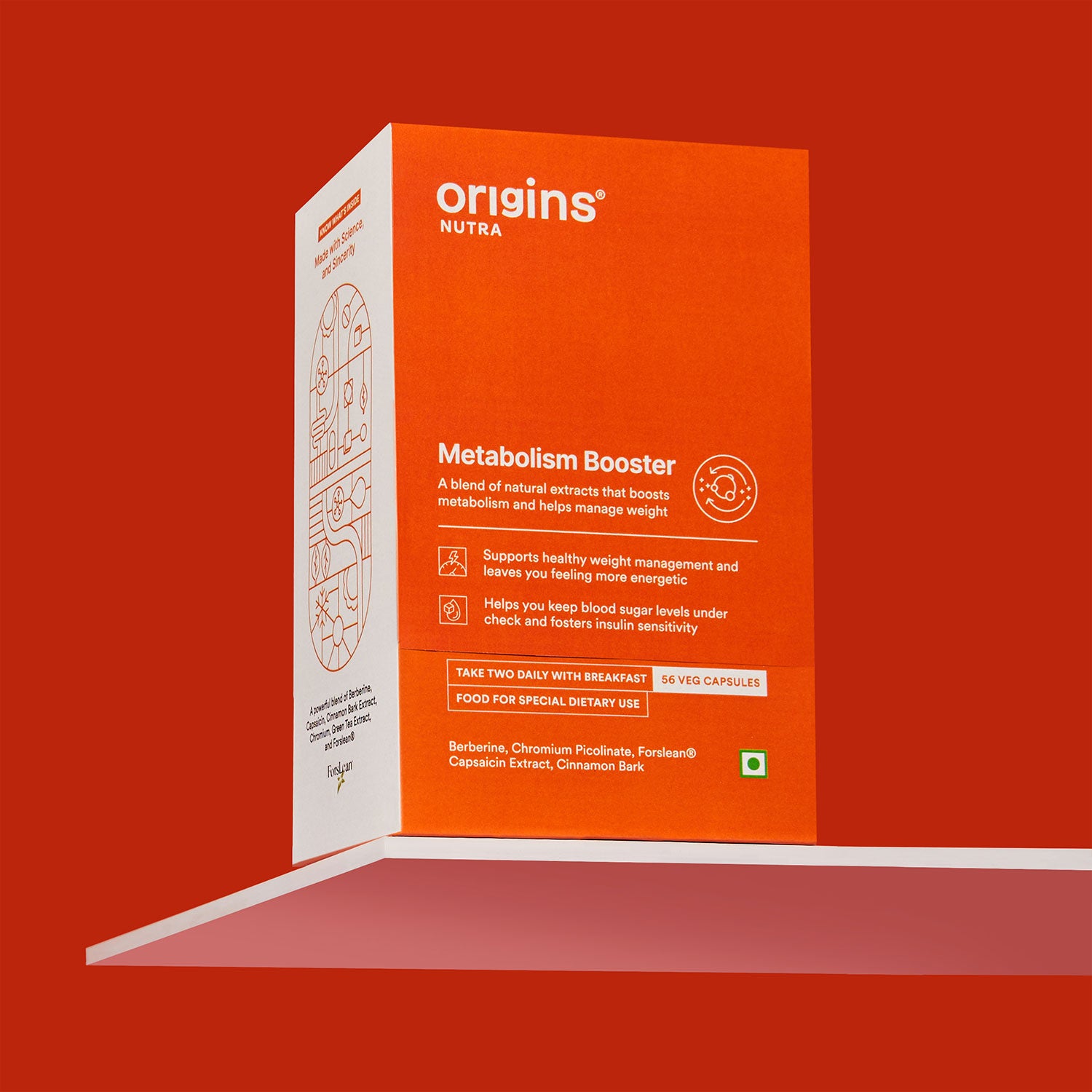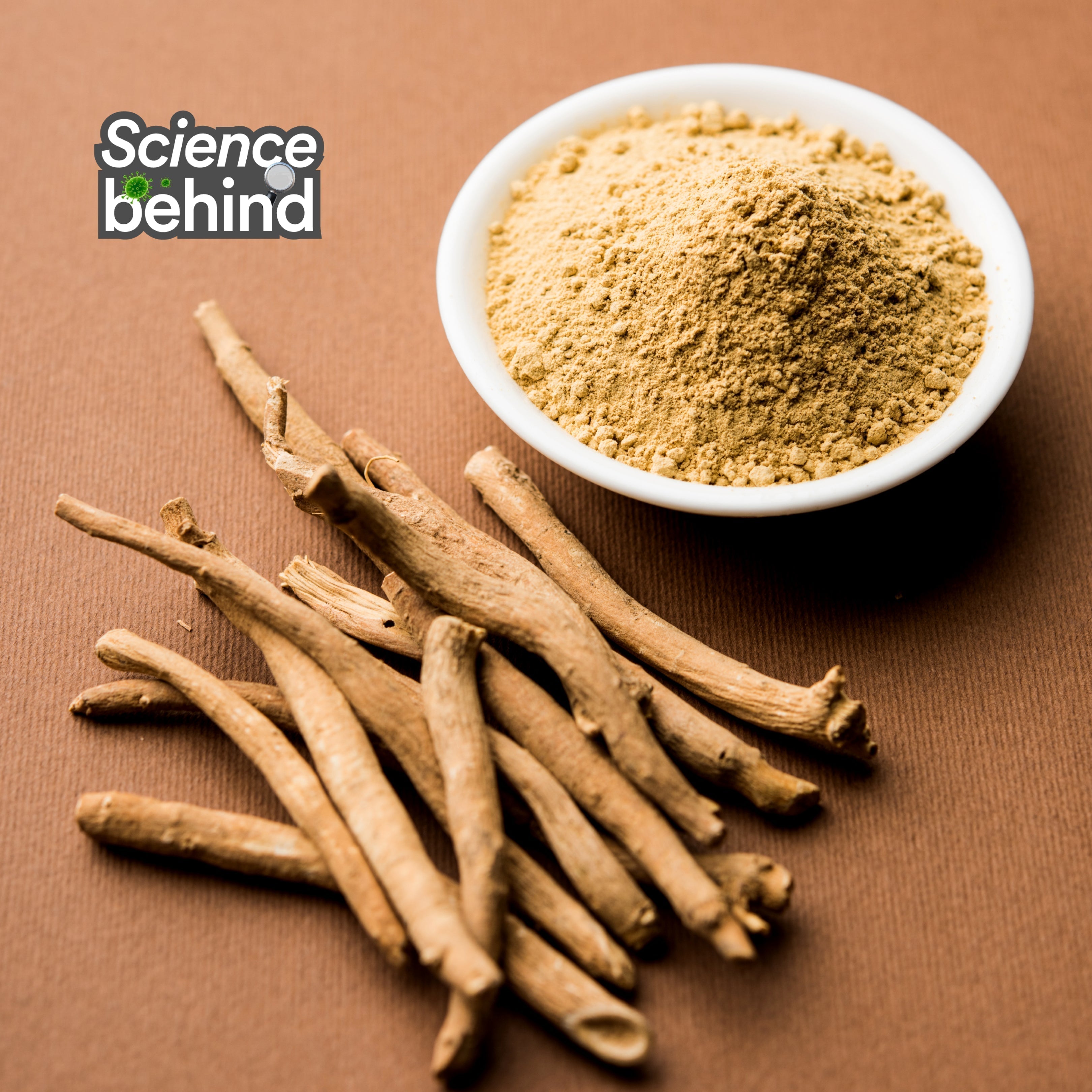Why makhana is a superfood: Nutritional facts & benefits explained
Makhana, or foxnuts, has long been a staple in Indian households, but Budget 2025 just gave it a national spotlight. With Finance Minister Nirmala Sitharaman announcing the formation of a Makhana Board in Bihar, the humble popped lotus seed is now making waves not just in government policies but also in the nutrition and wellness space.
Beyond the hype, what does science say? Is makhana really a superfood, or is it just another trendy snack? As a nutritionist, I believe in cutting through the noise and getting to the facts. So, let’s break it down.
Makhana: The superfood or just a trend? Let’s look into the science
Makhana, or fox nuts, have long been a staple in Indian households, often enjoyed during fasting periods or incorporated into festive dishes and rituals like kheer. Beyond its cultural significance, this ancient food is now making waves for its nutritional benefits. Backed by solid science, makhana isn’t just a crunchy, guilt-free snack; it’s a functional food with proven benefits for metabolism, weight management, and overall health

1. Low-calorie, high-satiety snack
One of the reasons makhana is gaining traction in weight loss and fitness circles is its high protein and low fat. Unlike typical snacks that leave you craving more, makhana fills you up for longer with fewer calories. With just a small serving delivering plenty of satisfaction, makhana lets you snack guilt-free. So next time hunger strikes, why not choose a low-calorie snack that actually works with your body, not against it?
Fact: Just a bowl of makhana(30g) delivers 24.6g of carbs, 3.1g of protein, 0g of fat, 4.35g of fiber, and only 111 calories—making it an ideal snack that keeps you satisfied without the extra calories.
2. Rich in antioxidants & anti-Inflammatory compounds
Makhana contains flavonoids like kaempferol, which have been studied for their anti-inflammatory and antioxidant properties. Flavonoids work by neutralizing free radicals, reducing oxidative damage, and modulating inflammatory pathways in the body. These effects help in:
-
Fighting oxidative stress (which accelerates aging and chronic disease risk)
-
Reducing inflammation linked to metabolic disorders
-
Supporting heart and brain health
Scientific Insight: Research shows that regular consumption of makhana helped reduce markers of inflammation and oxidative stress in overweight individuals.
3. Low glycemic index (GI) – Ideal for blood sugar management
Unlike processed snacks that cause sugar spikes, makhana has a low GI, meaning it releases energy slowly without disrupting insulin levels. This makes it an excellent choice for:
-
Diabetics who need to manage blood sugar fluctuations
-
People with insulin resistance or PCOS
-
Anyone looking for sustained energy without crashes
Pro Tip: Pair makhana with nuts or seeds to balance its carbohydrate content with healthy fats and protein for even better blood sugar control.
4. Supports heart & bone health
Makhana is a good source of magnesium, phosphorus, and calcium, all of which are essential for cardiovascular and bone health.
Did You Know? Research shows that magnesium-rich foods like makhana can lower the risk of hypertension and heart disease by improving endothelial function.
How to add makhana to your diet (Beyond Just Roasting!)
While roasted makhana with a sprinkle of salt is great, there are plenty of creative ways to include it in your daily meals:
-
Makhana Raita– Toss roasted makhana with yogurt, a pinch of spices, and a sprinkle of seeds for a savory, tangy snack. The crunch of makhana combined with the creamy yogurt and spices creates a perfect balance of flavors.

-
Makhana in Salads – Use roasted makhana instead of croutons for added crunch and nutrients.
-
Makhana Flour for Rotis & Pancakes – A great gluten-free alternative to traditional flours.
While makhana is a low-calorie snack, it’s important to remember that portion control is key. Even the healthiest foods can add up if consumed in large amounts, especially for those on strict calorie limits or with specific dietary needs. As with any superfood, moderation is essential to fully benefit from its properties without overdoing it.
Final Thoughts: Should You Be Eating Makhana?
If you want a nutrient-dense and versatile superfood, makhana is a fantastic addition to your diet. Whether for weight management, blood sugar control, or heart health, this ancient food truly lives up to the hype.
And with the government boosting its production, Makhanaomics (the intersection of makhana + economics) is set to drive innovation & availability—so expect even more ways to enjoy it soon!
Next time you’re craving a snack, ditch the chips and grab some makhana instead!






























